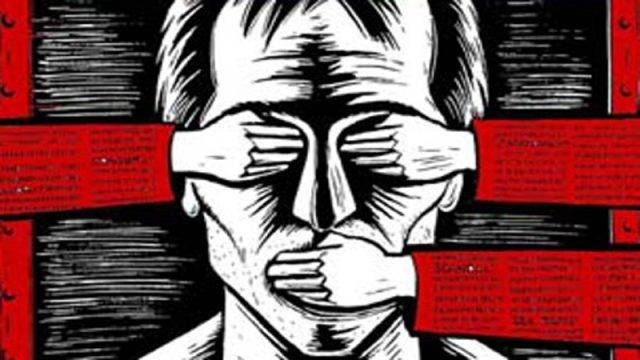
Using COVID-19 as an means, increasing number of countries around the world have been attempting to invoke authoritative measures. In a failed bid to tighten its grip on the media, the Indian government approached the Supreme Court seeking a directive to news outlets to refrain from publishing any coronavirus related news without government clearance. The Supreme Court denied the request.
“It is not the government or Supreme Court’s place to tell journalists how to do their job,” said Aliya Iftikhar, CPJ’s senior Asia researcher, in New York.
The government had justified the request for the blanket order by claiming that “fake or inaccurate” reporting could cause panic. However, the court said it will not interfere with “the free discussion about the pandemic,” but directed news outlets to refer to and publish the official version about the developments, read the CPJ review of the matter (March 31).
The news magazine Caravan reported that Prime Minister Narendra Modi asked editors and owners of more than 20 news outlets to refrain from any negative coverage of the COVID-19 pandemic in a private meeting on March 24, hours before he announced a national lockdown. On his website ( March 24), Modi said he emphasized in the meeting the importance of tackling the “spread of pessimism, negativity and rumor mongering.”
It might be mentioned that the government had invoked two acts: the Disaster Management Act on March 11, which makes the “act of creating panic” a criminal offense. Another was the colonial-era Epidemic Diseases Act under which the punishment for spreading misleading information is up to six months in jail, a fine of 1,000 INR or both.
“It is not the government or Supreme Court’s place to tell journalists how to do their job,” said Aliya Iftikhar, CPJ’s senior Asia researcher, in New York.
The government had justified the request for the blanket order by claiming that “fake or inaccurate” reporting could cause panic. However, the court said it will not interfere with “the free discussion about the pandemic,” but directed news outlets to refer to and publish the official version about the developments, read the CPJ review of the matter (March 31).
The news magazine Caravan reported that Prime Minister Narendra Modi asked editors and owners of more than 20 news outlets to refrain from any negative coverage of the COVID-19 pandemic in a private meeting on March 24, hours before he announced a national lockdown. On his website ( March 24), Modi said he emphasized in the meeting the importance of tackling the “spread of pessimism, negativity and rumor mongering.”
“Journalists are providing an essential service by informing the public during this national emergency and should be allowed to do their work unimpeded,” said Aliya Iftikhar, CPJ’s senior Asia researcher, in New York. “The Indian government should focus its efforts on containing the virus, not on containing vital news reporting.”
It might be mentioned that the government had invoked two acts: the Disaster Management Act on March 11, which makes the “act of creating panic” a criminal offense. Another was the colonial-era Epidemic Diseases Act under which the punishment for spreading misleading information is up to six months in jail, a fine of 1,000 INR or both.

